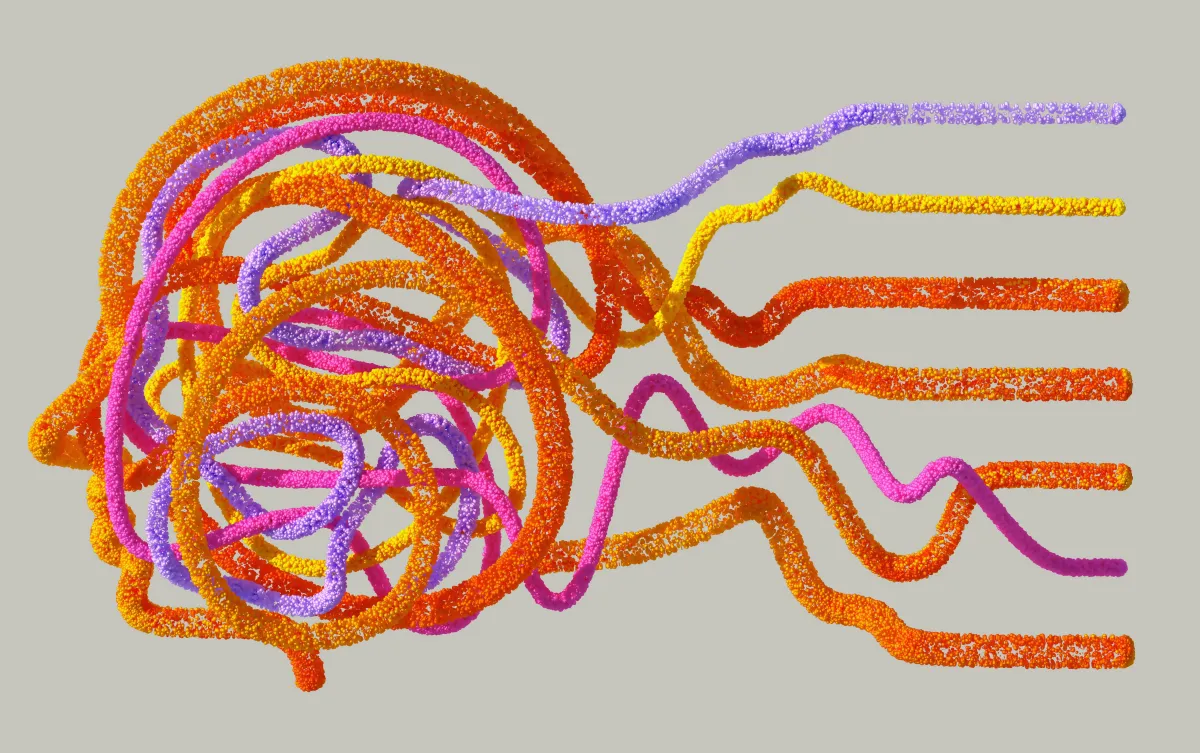legacy creative
CONSULTING
DISCOVER OUR EXPERTISE
Welcome SDC Inc Blog
We’re so glad you’re here. At SDC Therapy Inc., we believe in empowering individuals to invest in themselves—because growth, healing, and confidence all begin with support and the right tools. This blog is your space to explore expert insights, helpful tips, and inspiring stories around communication, personal development, and the therapeutic journey. Whether you're a parent, professional, or someone seeking support, you'll find content here to inform, encourage, and uplift.
Let’s grow together.
Blog posts!

The Complete Guide to Executive Functioning Treatments: What Works and Why
Executive functioning is the brain’s command center—it’s what helps us plan, focus, manage time, regulate emotions, and complete tasks. When these skills don’t come naturally, everyday life can feel overwhelming, disorganized, or frustrating.
If you or your child struggle with focus, impulsivity, organization, or task completion, executive functioning treatments can help. But what are they? And which strategies work best?
Why Speech Therapy for Executive Functioning?
When people think of speech therapy, they often think of articulation or language delays—but executive function is deeply connected to communication skills. The ability to organize thoughts, follow directions, recall information, and self-regulate emotions all rely on executive functioning. Speech-language pathologists (SLPs) are uniquely trained to bridge the gap between cognition, language, and behavior, making them essential for executive function intervention.
Through structured interventions, speech therapy can help individuals:
Improve verbal working memory for processing multi-step instructions
Strengthen organizational strategies for clearer communication
Develop self-regulation techniques to navigate emotional and behavioral challenges
Build flexible thinking skills to shift between ideas and problem-solve effectively
Rather than just “trying harder,” the best approach to strengthening executive functioning is learning strategies and tools that work with the brain—not against it.
Signature Executive Functioning Treatment Modalities
At the core of effective executive function treatment is a multi-disciplinary approach that integrates speech therapy, cognitive restructuring, and behavioral coaching. Here are some of the key modalities that drive real, lasting results:
1. Cognitive-Communication Therapy
Speech-language therapy doesn’t just address articulation—it strengthens cognitive-communication skills like memory, processing speed, and verbal fluency, all of which impact executive function. Therapy may include:
Memory recall training to improve information retention
Sequencing activities to help with task organization
Verbal problem-solving exercises to enhance cognitive flexibility
Why It Works:
✔ Strengthens the ability to process, retain, and recall information
✔ Improves structured thinking for clearer communication and decision-making
✔ Enhances ability to follow multi-step directions
2. Metacognitive Strategy Training (MST)
MST focuses on helping individuals think about their thinking—teaching them to assess their own cognitive strengths and weaknesses and develop personalized strategies. This approach is widely used for ADHD and executive dysfunction.
Core Techniques:
Self-monitoring exercises to track task completion
Error analysis training to improve problem-solving
Goal-setting strategies for better follow-through
Why It Works:
✔ Builds self-awareness for independent problem-solving
✔ Reduces impulsivity by encouraging strategic thinking
✔ Encourages long-term habit formation for better executive function
3. Scaffolded Task Management & Visual Support Systems
Many individuals with executive dysfunction struggle with task initiation and follow-through. By using structured visual supports and task scaffolding, therapy helps break down overwhelming tasks into clear, manageable steps.
Core Strategies:
Visual schedules and checklists for time management
Task chunking techniques to prevent cognitive overload
Digital tools (apps & reminders) for organization and follow-through
Why It Works:
✔ Reduces overwhelm by creating structured steps
✔ Strengthens independent task management skills
✔ Increases motivation through clear progress tracking
4. Narrative-Based Executive Function Coaching
Many people with executive dysfunction struggle with organizing their thoughts—not just in writing, but in daily life. Narrative therapy techniques help clients structure their ideas, actions, and plans using storytelling methods.
Core Techniques:
Storytelling frameworks to improve planning and sequencing
Reflective journaling to track progress and identify patterns
Verbal rehearsal strategies for memory and organization
Why It Works:
✔ Strengthens cognitive organization for better task execution
✔ Enhances self-reflection and emotional awareness
✔ Improves ability to express needs and advocate for oneself
Creating a Treatment Plan That Works
Since executive functioning challenges look different for everyone, treatment should be personalized based on age, environment, and specific struggles. Here’s how to get started:
✅ Step 1: Identify the biggest obstacles. Struggles with focus? Time management? Emotional regulation? Prioritizing these areas helps create targeted solutions.
✅ Step 2: Implement small, manageable strategies. Start with one or two techniques (like a planner or visual schedule) and build from there.
✅ Step 3: Seek professional support when needed. Whether through executive function coaching, therapy, or structured intervention, working with a professional can help streamline progress and create lasting change.
Why This Approach Works for All Ages
Executive function isn’t just for kids—it impacts people across all stages of life. Whether you’re a parent supporting a child, a teen managing academic demands, or an adult juggling work and responsibilities, strengthening these skills can improve daily life in powerful ways.
🔹 Early Childhood: Learning routines, following directions, and self-regulation
🔹 School-Aged Kids & Teens: Managing schoolwork, time management, and emotional control
🔹 Adults & Professionals: Productivity, organization, and stress management
Ready to Strengthen Executive Functioning?
If you or your child are struggling with organization, focus, or self-regulation, there are solutions that can help. You don’t have to navigate executive dysfunction alone!
💡 Want to learn more? DM me or book a consultation today to explore strategies tailored to your unique needs.

